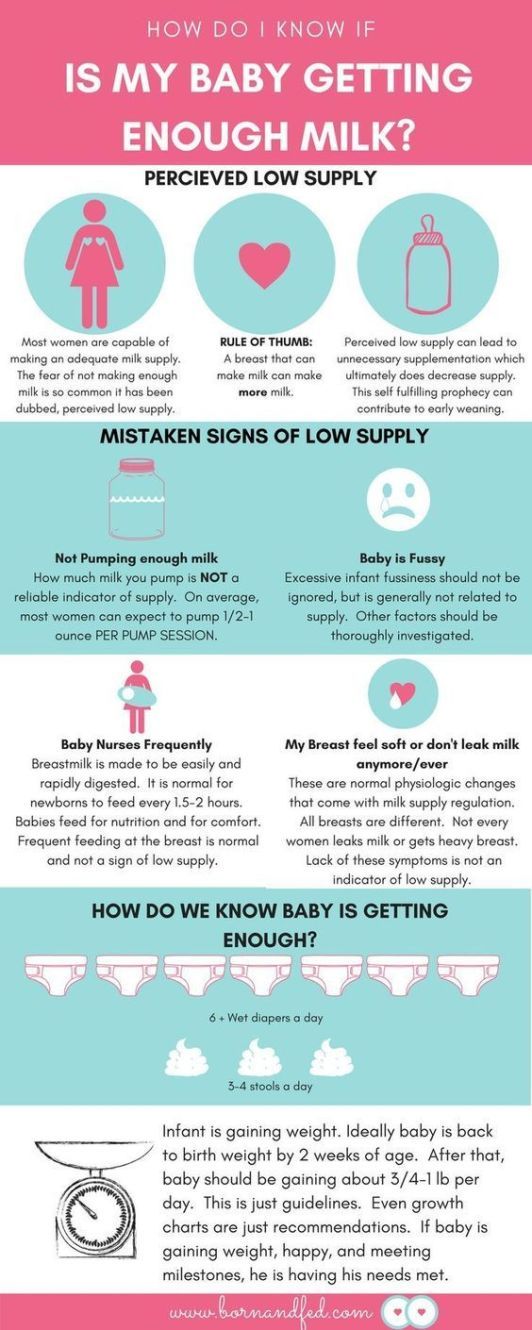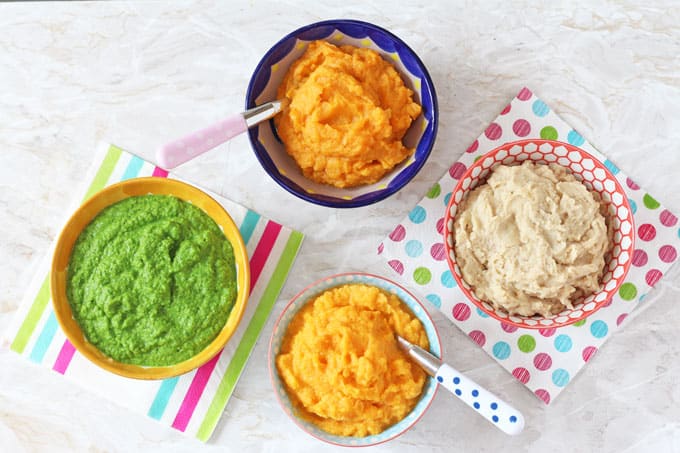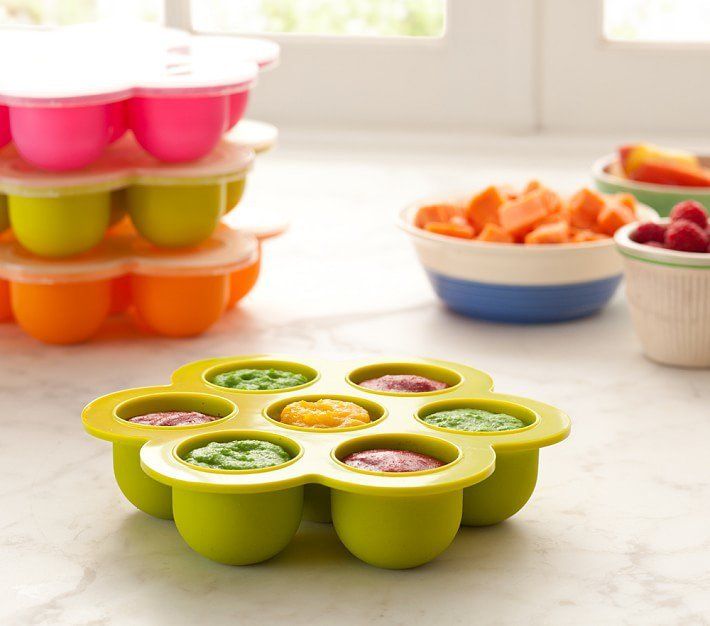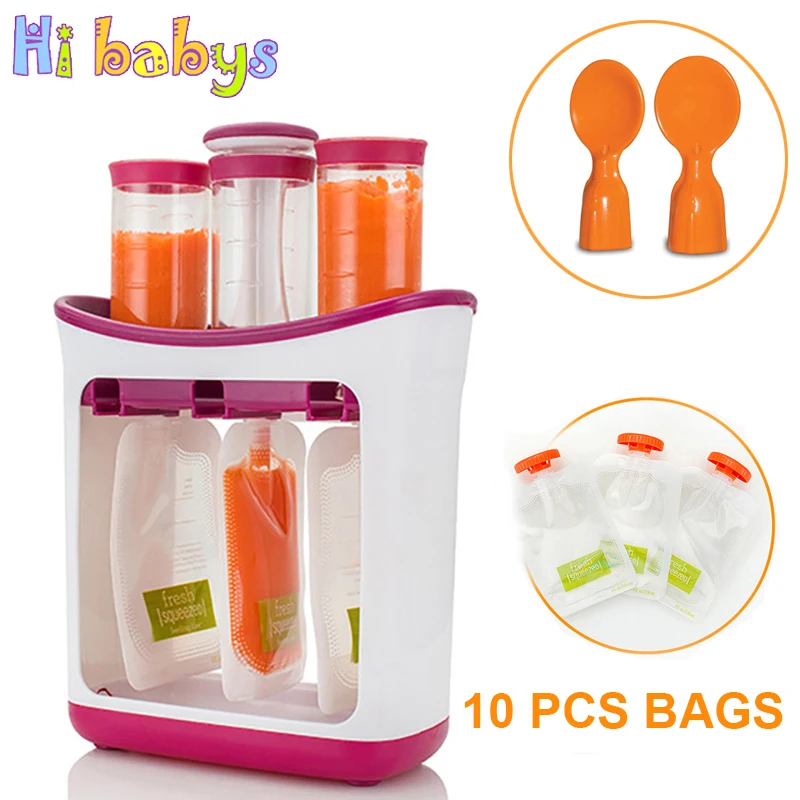My baby is fussy after feeding
Why Is Baby Crying After Feeding?
The question of “why does my baby cry after feeding” is a question that can typically drive mothers and parents crazy.
Oftentimes, it can be hard to know why your baby is crying after feedings. Not knowing how to identify the problem and not having a solution can have a significant effect on the physical and mental health of both your baby and the entire family. This can include increased stress, lower quality sleep, and the physical health of your baby. However, if you identify the cause and solve the problem, you will be able to significantly improve the parenting and breastfeeding experience for you and your child.
That’s why we decided to write an article on this topic – Why does my baby cry after feeding? This is an important topic and should be known by all mothers so that you can get the best results when feeding your baby.
This article will cover the following topics:
- Why Babies Cry After Feeding
- Should You Breastfeed Every Time Your Baby Cries?
- How Do I Comfort A Newborn?
Without further ado, let’s get into it.
Why Your Baby Cries After Feeding
Acid Reflux
The first major reason babies cry after feeding is known as acid reflux. Acid reflux happens when the content in the stomach gets pushed back into the esophagus.
It’s estimated that more than half of infants experience acid reflux at some point. The condition usually peaks at 4 months and goes away on its own between 12 and 18 months of age.
Some symptoms of acid reflux include:
- Spitting up and/or Vomiting
- Refusal to eat and difficulty eating or swallowing
- Irritability during feeding
- Wet burp / hiccups
- Failure to gain weight
- Abnormal arching
- Frequent coughing
- Gagging or choking
- Chest pain or heartburn
- Disturbed sleep
If acid reflux symptoms persist past 24 months, it may be a sign of gastroesophageal reflux disease (GERD) when combined with weight gain.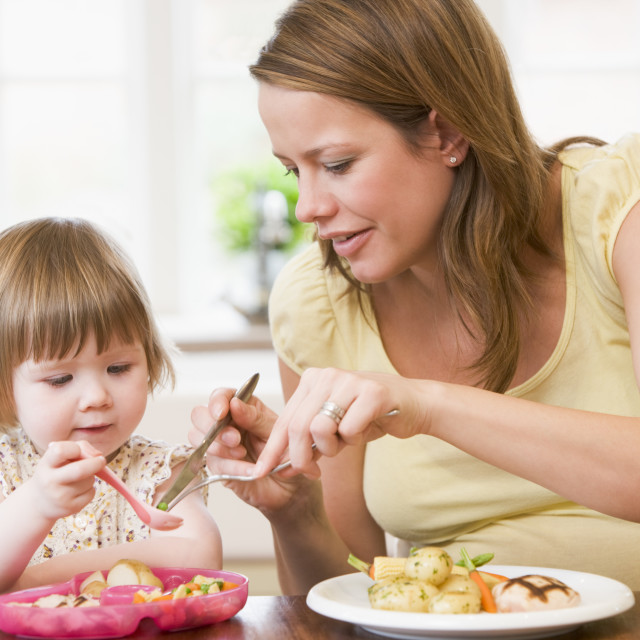
Food Sensitivity / Allergies
In addition to acid reflux, some breastfed babies may be allergic to certain food particles that their mothers are eating. According to the Academy of Breastfeeding Medicine, some of the most common foods that lead to food sensitivities and allergies in babies is cow’s milk protein in the mother’s milk, egg, corn, and soy.
Some symptoms of food sensitivities in your baby include the following:
- Extreme irritability after feedings
- Bloody stools (poop)
If your baby has the following symptoms, you should speak with your healthcare provider about getting them tested for allergies.
Additionally, you can also follow a restricted diet that removes common allergen foods such as eggs, dairy, corn, caffeine, and seeded fruit. Be sure to speak with your doctor before changing your diet significantly.
Start by eliminating one food at a time and analyze the effects of removing certain foods on your baby’s behavior.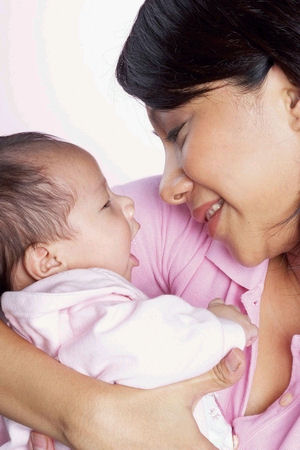 That way you can really see what effect each individual food has so you can isolate the diet problem.
That way you can really see what effect each individual food has so you can isolate the diet problem.
Gas
The next reason your baby may be crying is gas. Gas can also be known as a buildup of air swallowed while eating. In particular, bottle feeding can lead to your baby swallowing a lot of air during feeding. This will cause gas to be trapped in the stomach and will potentially lead to baby hiccups and discomfort for the baby.
In order to help prevent gassing in your baby, you may try to change or improve your breastfeeding position. Try to keep your baby upright after feeding. Also, allow your baby to burp gently from the bottom of their back and up through the shoulders to work the gas bubbles up and out of the body. Burping your baby can significantly reduce the chances of gassiness.
Formula
Not every baby gets fed directly from breast milk. For formula-fed babies, a change or switch of the formula you use may be your solution to your baby crying after feeding.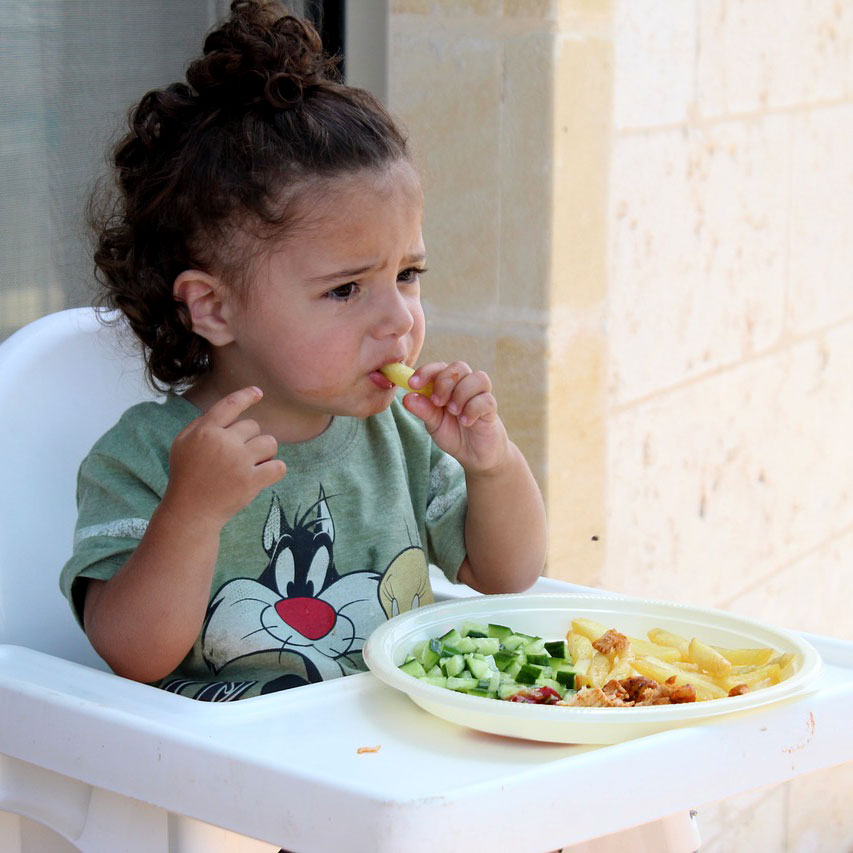
Every formula brand may affect each child differently, so trying a different formula for your baby may be a good solution to solving your babies crying problem. It is important to talk to your own baby’s pediatrician about whether some other formula options can be better for your child.
If you see no change or improvement by switching your baby’s formula, it is unlikely to help for any other brands.
Colic
Colic is also another reason why babies cry after feeding. Essentially, colic means persistent and excessive crying for a baby under 3 months old. More specifically, your baby is doing the following:
- Is crying a lot, for at least three hours a day
- The baby is crying at least three days per week or more
- Is under 3 months old
If all 3 of those boxes are checked, then your baby is likely colic.
Should You Breastfeed Every Time Your Baby Cries?
This is a question that is very popular among moms in regards to their baby and crying.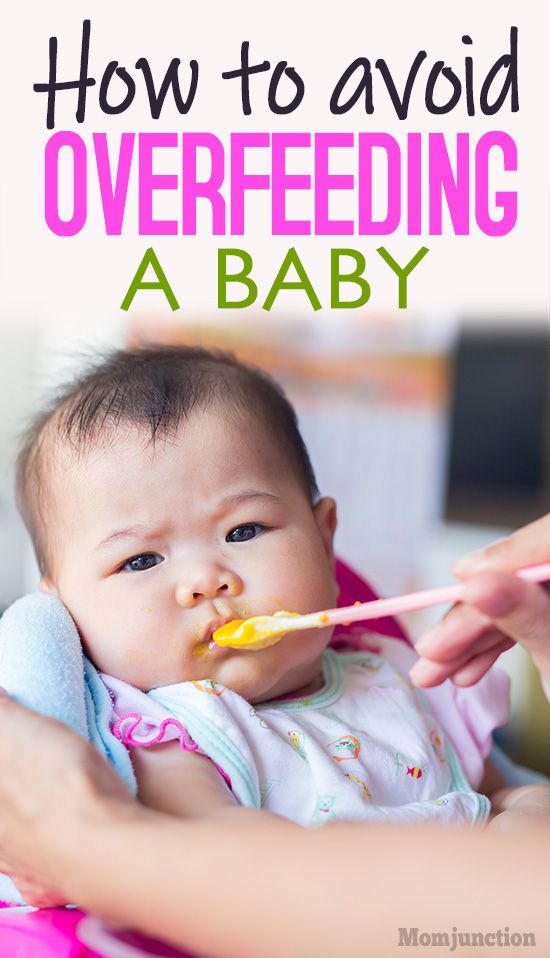 For that reason, we wanted to address this directly because it seems to be a topic that is debated out there.
For that reason, we wanted to address this directly because it seems to be a topic that is debated out there.
In short, no. You do not want to breastfeed your baby every time he or she cries. Contrary to some beliefs out there, some babies cry because of a bloated stomach, gas, or some of the other reasons we talked about already in this article.
Ultimately, the best solution is to let your baby decide when she’s had enough milk. When your baby has had enough milk, it will give you signs to let you know it will be done feeding. Including stopping feeding or turning your head away.
How Do I Comfort a Crying Newborn?
Now that you know that you shouldn’t breastfeed every time your baby cries after feeding, I’m sure you’re also wondering how to comfort your crying newborn. With that being said, there are multiple ways to comfort a crying newborn when he or she cries.
Some of these ways include:
- Offer a pacifier for sucking – this can help your baby relieve stress without crying.

- Try gently rocking your baby – this can calm your baby down and relax them.
- Quietly singing to your baby – like rocking, singing may calm your baby and get them to stop crying. You can also put on a rhythmic song or music to have the same effect.
- Cuddle and hold your baby close – Touching, holding, and cuddling your baby makes your baby feel safe and secure. You can also put your baby in a blanket to get a similar effect.
- Try walking or taking your child out for a walk – this can result in a positive change in your child’s mood.
These are some of the main ways that you can comfort your baby when crying. As mentioned above, breastfeeding is not always the answer when your baby is crying. If your baby is crying and it has had enough feeding, try the things that we’ve listed above and see if it helps and improves your baby’s mood.
Why does My Baby Cry After Feeding – Key TakeawaysIf you’re thinking, “Why does my baby cry after feeding?” hopefully this article is helpful for you. Knowing why your baby cries after feeding is extremely important for the health of your child. Some reasons why your fed baby cries after feeding can include acid reflux, food sensitivity/allergy, gas, formula, or colic.
Knowing why your baby cries after feeding is extremely important for the health of your child. Some reasons why your fed baby cries after feeding can include acid reflux, food sensitivity/allergy, gas, formula, or colic.
You should not breastfeed every time your baby cries. Instead, it’s best to let the baby tell you when it’s had enough flow of milk.
It’s also important to comfort your crying newborn when he/she cries.
Knowing how to answer the question “why does my baby cry after feeding” can help your breastfeeding experience and the health of your baby. Whether it is with bottle feeding, direct breastfed babies, your baby will be better off if you understand these basics.
If you’re looking to get the best high-quality breast pump, you can order our breast pump here. We offer a wide range of pumps with a ton of different insurances. Some insurances we cover include UPMC, Tricare, Aetna, and many others.
Baby Cries After Feeding: What Should I Do?
Medically reviewed by Karen Gill, M.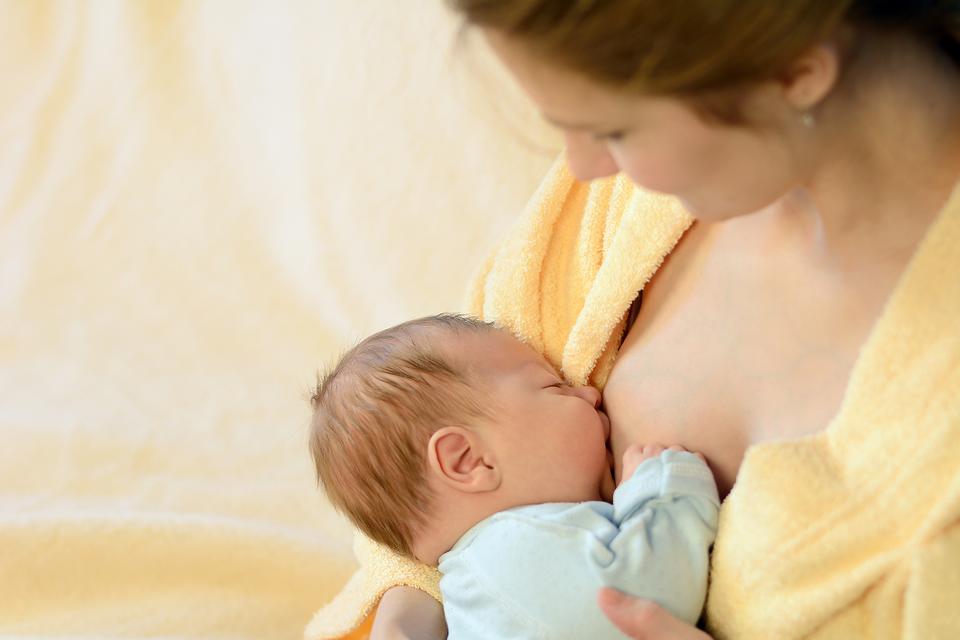 D. — By Chaunie Brusie on October 3, 2018
D. — By Chaunie Brusie on October 3, 2018
My daughter, the “crier”
My second daughter was what my oldest fondly referred to as a “crier.” Or, in other words, she cried. A lot. The crying with my baby girl seemed to intensify after every single feeding and particularly at night.
It was those hellish hours between darkness and dawn when my husband and I would take turns walking around the house with her in our arms, praying and, mostly in my case, sobbing because we couldn’t console our baby.
I didn’t know it then in my sleep-deprived state, but my daughter’s crying after feedings wasn’t that uncommon. In combination with her frequent spitting up, it was pretty much a classic textbook case of colic.
Colic
Colic, in technical terms, simply means a “crying, fussy baby that doctors can’t figure out.”
OK, so that’s not really the definition, but in essence, that’s what it boils down to. The British Medical Journal (BMJ) lists one criterion for colic: A baby that cries for at least three hours a day, three or more days a week, and is under 3 months old.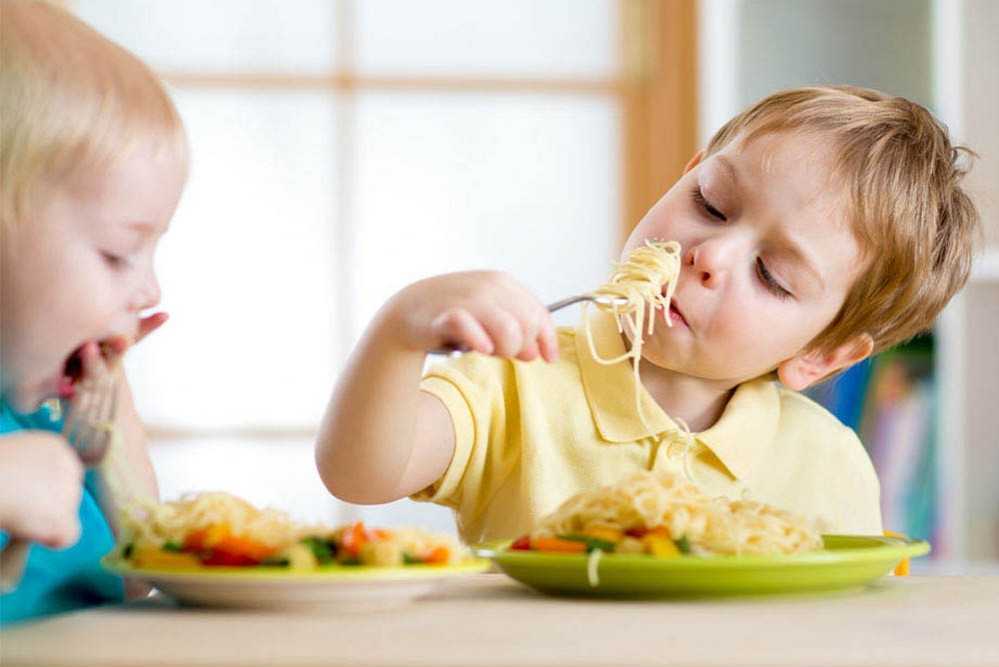 Check, check, and check.
Check, check, and check.
There isn’t one single known cause of colic. Even the actual clinical incidence of colic, estimated by BMJ to be around 20 percent of all babies, can be tricky.
Acid reflux
One of those causes of crying after feeding and spitting up in babies is actually acid reflux. This condition is known as gastroesophageal reflux disease (GERD) if it also causes significant symptoms such as poor weight gain.
When my “crier” daughter was 5, she frequently complained of her stomach hurting and as a result, had to undergo a series of testing with a gastroenterologist, a doctor that specializes in the GI system.
At our first appointment, the very first question he asked me was if she had colic as a baby and if she spit up a lot, to both of which I practically shouted, “Yes! How did you know?!”
He explained that acid reflux or GERD can manifest as symptoms similar to colic in babies, stomach pain in school-aged children, and later as actual heartburn pain in adolescents.
While many infants spit up, fewer have actual GERD, which can be caused by an underdeveloped flap between the esophagus and stomach or a higher-than-normal production of stomach acid.
In most cases, a diagnosis of infant reflux is simply based on your baby’s symptoms. If your doctor suspects a severe case however, there are several different tests that actually diagnose infant reflux.
Testing can involve taking a biopsy of your baby’s intestine or using a special type of X-ray to visualize any affected areas of obstruction.
Food sensitivities and allergies
Some babies, especially breastfed babies, may be allergic to certain food particles that their mothers are eating.
The Academy of Breastfeeding Medicine notes that the most common offender is cow’s milk protein in the mother’s milk, but even a true allergy is very rare. Only about 0.5 to 1 percent of exclusively breastfed babies are thought to be allergic to cow’s milk protein.
The other most common culprits, according to the ABM, are egg, corn, and soy, in that order.
If your baby is displaying symptoms of extreme irritability after feedings and has other symptoms, such as bloody stools (poop), you should speak with your healthcare provider about getting them tested for allergies.
Aside from a true allergy, there’s also been some evidence that following a low allergen diet while breastfeeding (essentially avoiding those top allergy foods, such as dairy, eggs, and corn) may be beneficial for infants with colic.
Strict elimination diets can have their own risks, so speak with your doctor before significantly changing your diet.
In our situation, I found that dairy, caffeine, and certain seeded fruit exacerbated my daughter’s crying and spitting up. By eliminating those foods and substances from my diet, I was able to help lessen her discomfort.
If you have a baby with colic, you might want to try anything at all to help ease your baby’s crying. If you’re curious to see if your diet has any effect, you can start by logging your food in a food journal and writing down your baby’s reactions after each meal.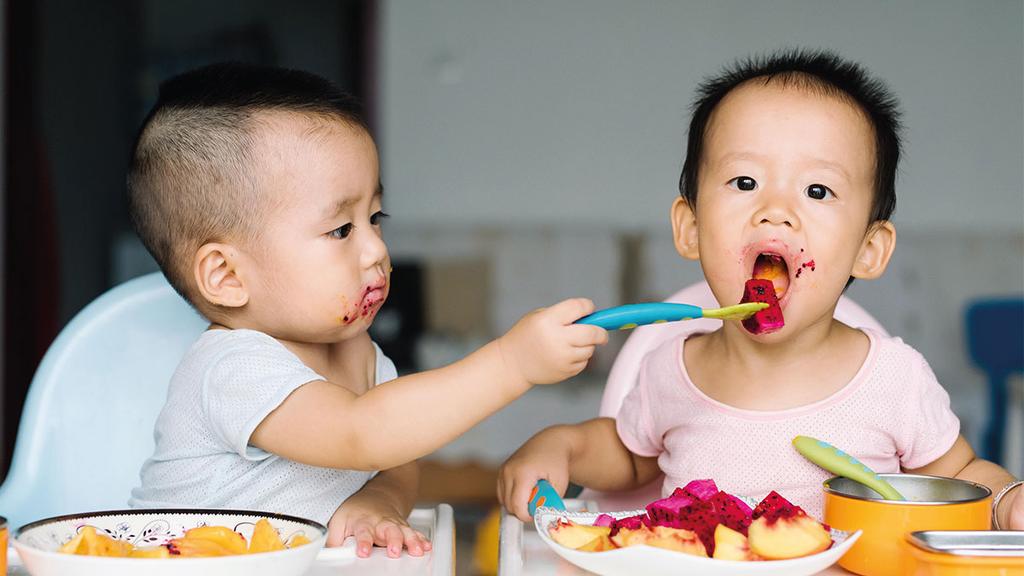
Next, you can eliminate one food at a time and see if reducing your intake of certain foods seems to make a difference in your baby’s behavior. If you hit on one you feel helps your baby to cry less, this does not mean they will not be able to eat that food in the future.
Just be sure to keep in mind that a true allergy is rare. Also, be sure to monitor for any additional symptoms, such as blood in your baby’s poop.
Gas
If your baby is crying a lot after every feeding, it may simply be a buildup of air swallowed while eating. It’s thought that bottle-fed babes in particular may be more prone to swallowing a lot of air during a feeding. This can trap gas in their stomachs and be uncomfortable.
In general, breastfed babies swallow less air while eating simply due to the way they eat. But every baby is different and even breastfed babies may need to be burped after a feeding.
Trying keeping your baby upright after a feeding and burping gently from the bottom of their back and up through the shoulders to work the gas bubbles up and out. Also check out this illustrated guide to burping a sleeping baby.
Formula
If your baby is formula-fed, swapping out the formula you use may be a simple solution to a crying baby after feedings. Every formula is a little bit different and certain brands make formulas for more sensitive baby tummies.
If you decide to try this, talk to your baby’s pediatrician about whether an elemental formula would be a good choice to try for a week. If you try one different brand and you see no change in your baby’s fussiness, continuing to try different brands is unlikely to help.
Takeaway
Colic, along with a few other common conditions, might be the culprit if you too have a “crier” on your hands.
If your baby doesn’t find relief after dietary changes or additional burping, then make an appointment to see their doctor.
Share on Pinterest
Chaunie Brusie, BSN, is a registered nurse with experience in labor and delivery, critical care, and long-term care nursing. She lives in Michigan with her husband and four young children, and is the author of the book “Tiny Blue Lines.”
Last medically reviewed on October 3, 2018
- Parenthood
- Baby
- 06 Months
How we vetted this article:
Healthline has strict sourcing guidelines and relies on peer-reviewed studies, academic research institutions, and medical associations. We avoid using tertiary references. You can learn more about how we ensure our content is accurate and current by reading our editorial policy.
- ABM clinical protocol #24: Allergic proctocolitis in the exclusively breastfed infant. (2011). DOI:
10.1089/bfm.2011.9977 - Harrel MC, et al. (2015). Is there a correlation between maternal diet in breastfeeding mothers and infantile colic? DOI:
10.1097/01.EBP.0000541032.94135.ca - Mayo Clinic Staff. (2018). Infant reflux.
mayoclinic.org/diseases-conditions/infant-acid-reflux/diagnosis-treatment/drc-20351412
- Rosen LD, et al. (2007). Complementary, holistic, and integrative medicine.
pedsinreview.aappublications.org/content/28/10/381 - Saavedra MA, et al. (2003). Infantile colic incidence and associated risk factors: A cohort study. .
ncbi.nlm.nih.gov/pubmed/14502331 - Sung V, et al. (2014). Treating infant colic with the probiotic Lactobacillus reuteri: Double blind, placebo controlled randomised trial. DOI:
10.1136/bmj.g2107 - Symptoms & causes of GER and GERD in infants. (2015).
niddk.nih.gov/health-information/digestive-diseases/acid-reflux-ger-gerd-infants/symptoms-causes
Our experts continually monitor the health and wellness space, and we update our articles when new information becomes available.
Current Version
Oct 3, 2018
By
Chaunie Brusie
Edited By
Nizam Khan (TechSpace)
Medically Reviewed By
Karen Richardson Gill, MD
Share this article
The child is often psychotic and capricious
Author: Marfa Goncharova, magazine "My Baby and Me"; consultant: Yulia Andronnikova, pediatrician of the highest category, head of the pediatric department of the Center for Traditional Obstetrics and Family Medicine.
The expressed emotional state of the child is a message of discomfort. Leaving these messages unattended means ignoring the needs of the baby, which can be physical and psychological.
Inconsolable crying, screaming, stubbornness and irritation out of the blue - what upsets parents so much and outrages outsiders who have become unwitting witnesses to an unpleasant scene is usually called whims. In fact, if in an adult a completely unreasonable whim can be called a whim, then children's whims, as a rule, have a serious reason.
Yulia Andronnikova: "Children under one year old are not characterized by whims in their everyday sense. If a child suddenly starts behaving in an unusual way for him, this is always a signal for his mother, a message of discomfort. No doctor can say for sure: if a child cries for minutes ten - this is normal, and if longer, then this is a sign of illness. Mom's intuition should work here. After all, already in the first 2-3 months of life, being in close contact with the baby, the mother studies him so well that she knows perfectly well what is typical for her child and what goes beyond normal behavior. 0003
0003
If the baby is crying, the mother calms him down with the usual methods that suit him. Children love to be picked up, maintaining skin-to-skin contact, being rocked, talking in a low, calm voice, and being placed on their chest. Someone stops worrying in a warm bath, and someone better to undress for a while. The set of techniques may vary, but if the baby continues to cry despite the usual stress relief rituals, the mother should watch him more carefully. "
Infectious diseases
Unusually prolonged crying for a child or, conversely, lethargy, refusal to eat in children of any age are often the first sign of the development of an infectious disease. Like it or not, it becomes obvious in just a few hours: the temperature may begin to rise, a cough or runny nose will appear. For babies who still can neither say nor show that they are in pain, loud crying can be a sign of otitis media that has begun. If the ears hurt, there may be no fever or other signs of a cold, it is precisely the abruptly changed behavior that will cause suspicion: the child is inappropriately naughty, shakes his head, sometimes screams sharply, starts crying when the position of the head changes, refuses to eat, because it provokes pain.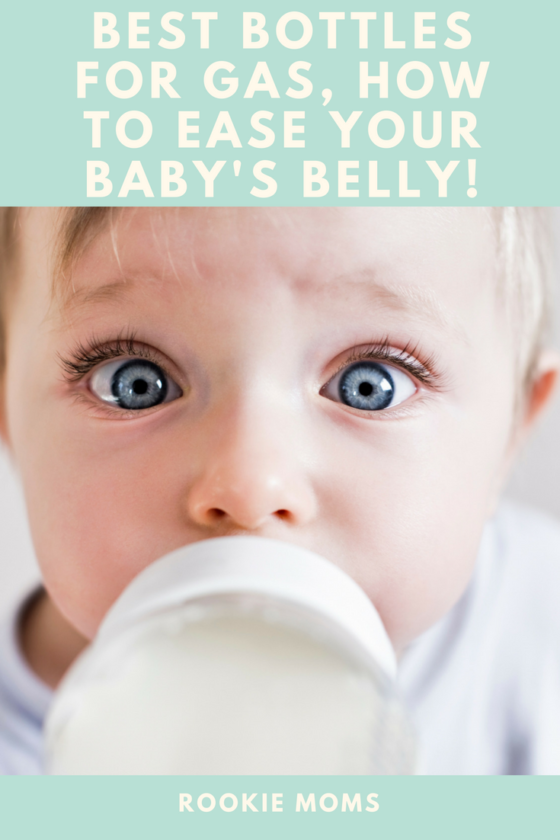 In such a situation, you should definitely call a doctor.
In such a situation, you should definitely call a doctor.
Meteosensitivity
The peculiarity of the response of the autonomic nervous system to changing environmental conditions is called meteosensitivity. Training the nervous system and blood vessels of the baby will help to cope with meteosensitivity. Thanks to hardening, the adaptive capabilities of the organism will grow, and the reaction to a change in the weather will become less violent or disappear altogether.
For toddlers, outdoor walks in any weather are the best hardening. Not only a change in pressure, rain, a thunderstorm, but also simply cloudy weather or a long absence of the sun in the sky can affect the body. In newborns, sudden changes in the weather are often worrisome. After a few months, the majority of such meteorological dependence disappears, but in children with a weakened autonomic nervous system, it can continue to manifest itself and even intensify against the background of stressful conditions.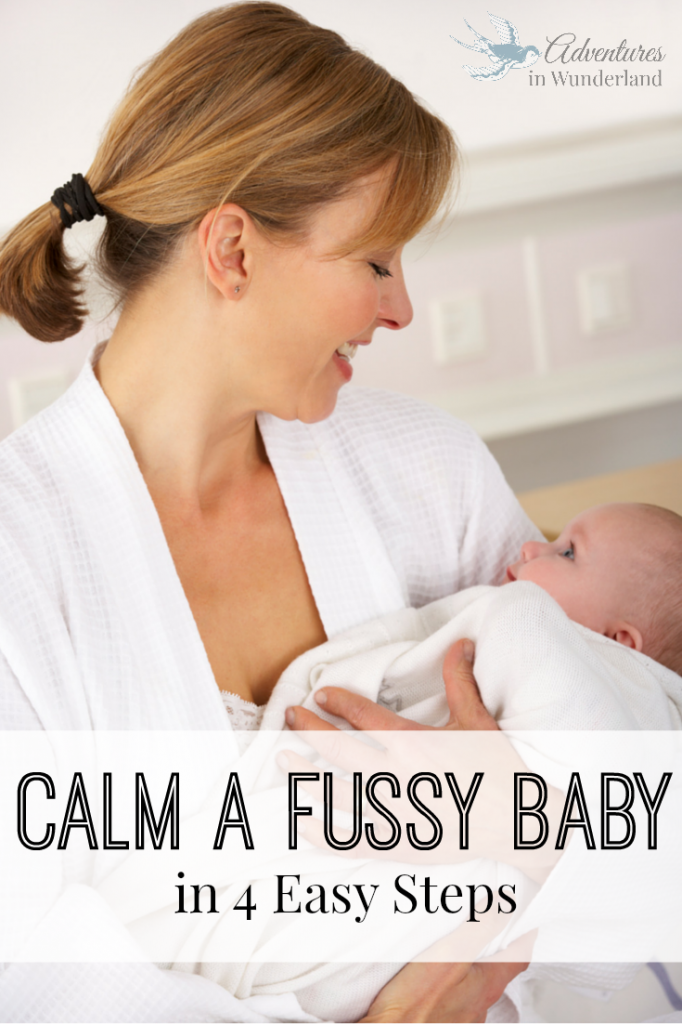
Chronic diseases
But what if the baby not only suddenly changed his behavior, but is constantly in a depressed state - he is lethargic, whimpering all the time and practically does not smile? Yulia Andronnikova: “The general well-being of a child is an important indicator of his health. A healthy baby may start to act up in the evening when he is tired, but he should wake up in a good mood - this is a signal to his mother that everything is in order with him.
If the child is naughty every day and is in a bad mood all the time, and you have ruled out the presence of any infections, it is worth bringing this to the attention of your pediatrician. Constant whims, pallor, lethargy, lack of a smile from birth, low weight gain and height are a set of symptoms characteristic of hormonal disorders. The earlier the diagnosis is made, the better, because with the timely initiation of treatment, the disease can be compensated and the life, health and intelligence of the child can be saved. If such diseases are suspected, the pediatrician will refer the child to an endocrinologist.
If such diseases are suspected, the pediatrician will refer the child to an endocrinologist.
Approximately the same symptoms can be with anemia or kidney problems. Routine blood and urine tests will help clarify the situation, confirming or dispelling such concerns.”
Overwork
If a child is naughty in the evening, mothers usually explain it like this: “I didn’t sleep well during the day” or “Went to class, he got too excited talking with other children there.” Perhaps here it will be enough to put the daily routine in order, give the baby more opportunities for rest, sleep and walks. If the child is excitable in itself, cannot sit still, control his emotions, and at the same time gets very tired, pedagogical problems are superimposed on physical ones, since parents literally do not keep up with the baby. A competent neurologist will help normalize the regimen and strengthen the nervous system, for example, with the help of massage and hardening techniques. A psychologist will advise parents about the features of proper communication with the child.
Caprice as a message to parents
Caprice is always a child's message about discomfort, which he cannot express in an acceptable form. If the child is naughty all the time, and you have excluded physical causes (malaise, fatigue), it is worth considering what state of mind he is in. Psychologists note that often the child's inappropriate behavior is a reaction to intra-family disharmony. The grandmother is unhappy with the way the young mother is raising the baby, she is constantly indignant and gives unsolicited advice. Or parents begin to quarrel every time the baby needs to be put to bed. Explicit or unspoken claims and conflicts, a tense situation in the family most affect the child. In this case, his “whims” are the materialization of the discontent and irritation surrounding him. And the situation can be corrected only by establishing relationships in the family.
Certain pedagogical disturbances in the family can also easily become a source of whims. If the parents allow the child absolutely everything, and he simply does not understand the word "no", any attempt to prohibit it leads him almost to hysteria. As a rule, parents are afraid of such a reaction and are ready to do anything to avoid its repetition, which means they continue to indulge the baby. And this inevitably deepens discord in the family and makes its members even more irritable. The opposite situation can also involve the whole family in a vicious circle: they behave with the child too strictly and literally stop all attempts to act independently and make decisions. The kid protests, parents become even stricter with him. The same effect occurs if different family members adhere to diametrically opposed parenting styles - for example, mom is very strict with the baby, and dad allows absolutely everything. All these situations are best dealt with by a family psychologist.
As a rule, parents are afraid of such a reaction and are ready to do anything to avoid its repetition, which means they continue to indulge the baby. And this inevitably deepens discord in the family and makes its members even more irritable. The opposite situation can also involve the whole family in a vicious circle: they behave with the child too strictly and literally stop all attempts to act independently and make decisions. The kid protests, parents become even stricter with him. The same effect occurs if different family members adhere to diametrically opposed parenting styles - for example, mom is very strict with the baby, and dad allows absolutely everything. All these situations are best dealt with by a family psychologist.
Struggle for independence
Parents often mistake the child's desire for independence for whims. From 8–9 months, the baby is already beginning to “test the strength” of the surrounding adults. They give him a toy, he throws it on the floor and immediately demands it back.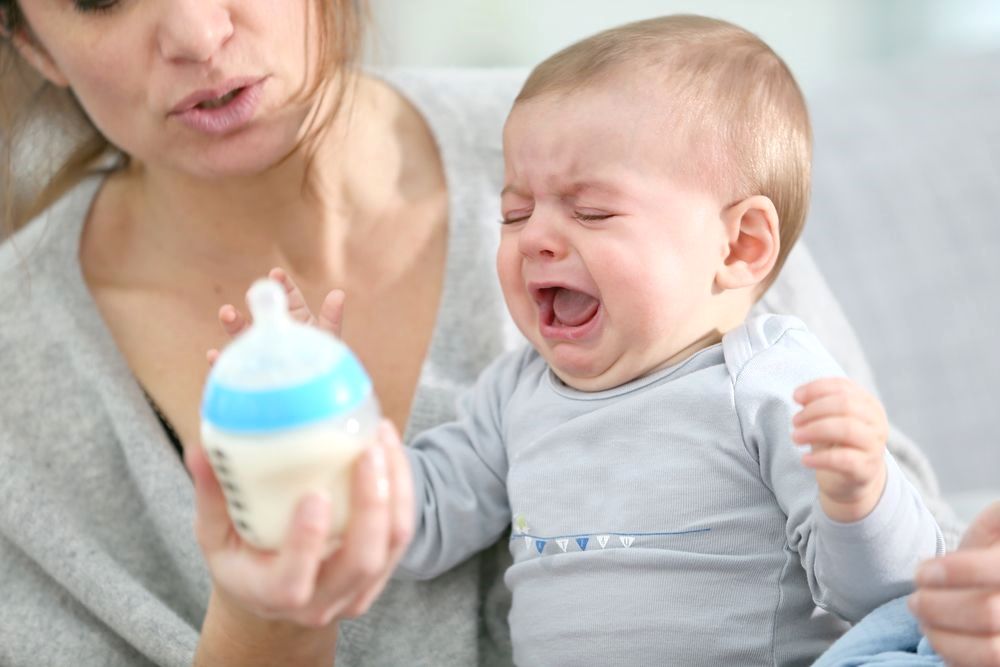 This can be repeated many times in a row. The child finds out the boundaries of what is permitted, and when communicating with mom, dad or grandmother, the boundaries can be different. At the same time, it is quite easy to distinguish the crying of a real need from a “testing” cry: “checking”, the baby sometimes stops crying, looks around and listens in order to evaluate the effect produced. Such stops are a sign of the need for attention to oneself. This does not mean that in this case it should be ignored, it is better to talk softly with the child, give reasonable arguments, explain your actions, including the necessary refusals or prohibitions. Such verbal contact, if established at birth, makes it easier to distinguish what exactly caused unusual behavior, and to cope with the situation.
This can be repeated many times in a row. The child finds out the boundaries of what is permitted, and when communicating with mom, dad or grandmother, the boundaries can be different. At the same time, it is quite easy to distinguish the crying of a real need from a “testing” cry: “checking”, the baby sometimes stops crying, looks around and listens in order to evaluate the effect produced. Such stops are a sign of the need for attention to oneself. This does not mean that in this case it should be ignored, it is better to talk softly with the child, give reasonable arguments, explain your actions, including the necessary refusals or prohibitions. Such verbal contact, if established at birth, makes it easier to distinguish what exactly caused unusual behavior, and to cope with the situation.
At the age of 2–3 years, the time comes when the child literally answers everything: “I myself!”. Moreover, if attempts to do something on their own are not very successful (spilled, raked, broke, fell), the best strategy would be not to scold the baby, but to celebrate his achievements and offer to bring the matter to the end together.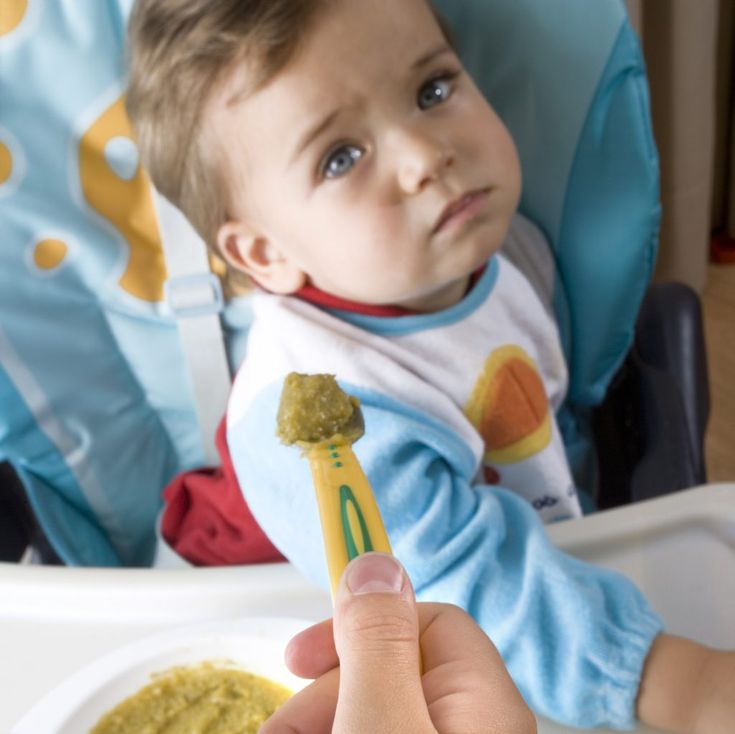 Often, the mere fact of recognizing the child's independent attempts to do something is already enough to live in harmony and reduce "whims" to a minimum.
Often, the mere fact of recognizing the child's independent attempts to do something is already enough to live in harmony and reduce "whims" to a minimum.
Stubborn facts
- Even if the baby likes to cry in principle, certain conditions should alert parents. These are the so-called emergencies.
- A child's loud, pronounced cry for two or more hours, in which no ordinary methods of calming help, is a signal to call a doctor. With problems such as intussusception (intestinal volvulus) or appendicitis, a young child may not have any other obvious external signs other than intense continuous crying. Only a doctor can diagnose the problem. It cannot be said that these cases are frequent. If a mother breastfeeds her baby and is well acquainted with the principles of introducing complementary foods, then volvulus, caused by a sharp transition to unfamiliar food in large quantities and at too early an age, does not threaten her child. Appendicitis in babies is also rare, but since the exact causes of this emergency are still unclear, it cannot be discounted.
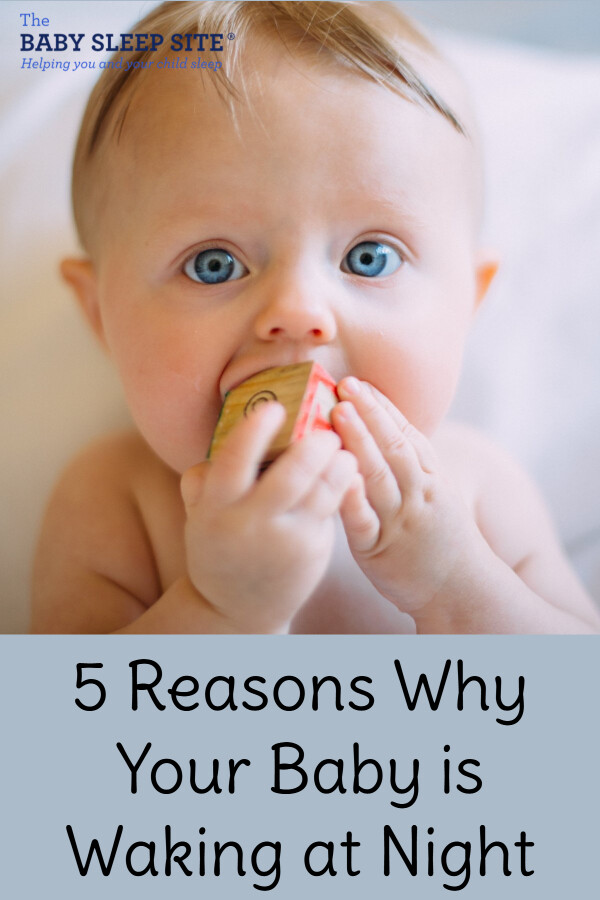
Helpful Hints:
- Any inner feelings of a child (enrolling in a kindergarten or school, troubles in the family) can lead to stress. No need to try to protect the baby from difficult situations, but teach him to overcome difficulties. The kid will endure stress much easier if he knows that at home he will always be understood and supported, that for mom and dad he is the best in the world.
Your love and attention are the best "medicines" for stress. Talk with the baby, give him the opportunity to speak out, find out the reasons for the experiences. Play with him, draw, involve him in sports, but try to protect him from excessive loads.
The article was published in the magazine "My baby and I" (2014) and posted on the website krokha.ru.
Why does the baby cry - articles from the specialists of the clinic "Mother and Child"
Bondarenko Margarita Gennadievna
Otorhinolaryngologist (ENT)
Clinic "Mother and Child" Kuntsevo,
I want to eat!
Most often the baby cries because he wants to eat.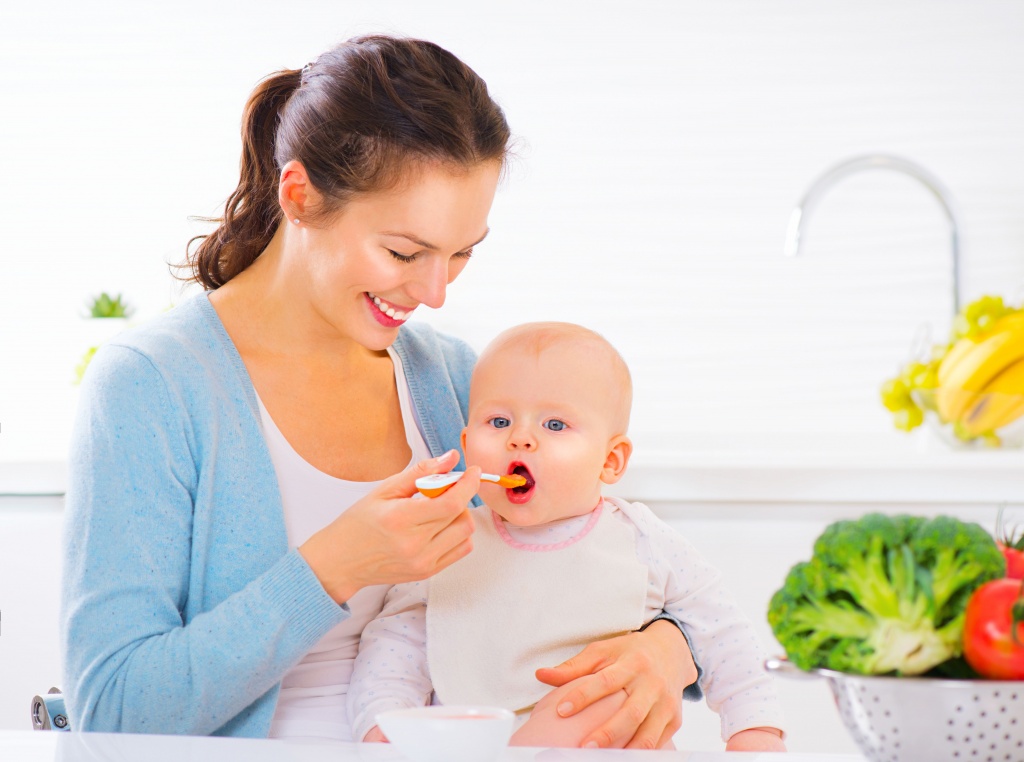 And to understand that he is hungry is the easiest way. At first, the baby shows concern, smacks his lips, turns his head to his mother's hand, stroking his cheek, tries to put his own fist in his mouth. All this means that there is very little time left before the hungry cry. Noticing such signs, you should not wait: feed the baby on demand. Otherwise, starting to cry, he will have to spend a lot of energy trying to calm down, and therefore, he will eat less and the next time he will get hungry again too soon. In general, for children who are breastfed, during the first month of life there is no clear feeding regimen. A newborn can be applied to the breast up to 10-12 times a day.
And to understand that he is hungry is the easiest way. At first, the baby shows concern, smacks his lips, turns his head to his mother's hand, stroking his cheek, tries to put his own fist in his mouth. All this means that there is very little time left before the hungry cry. Noticing such signs, you should not wait: feed the baby on demand. Otherwise, starting to cry, he will have to spend a lot of energy trying to calm down, and therefore, he will eat less and the next time he will get hungry again too soon. In general, for children who are breastfed, during the first month of life there is no clear feeding regimen. A newborn can be applied to the breast up to 10-12 times a day.
I want to sleep!
The next reason for screaming is, oddly enough, the desire to sleep. Many parents think that a baby can fall asleep anytime, anywhere, and even in almost any position. No, it's not like that - he needs help. How do you know if your baby wants to sleep? It's easy to guess.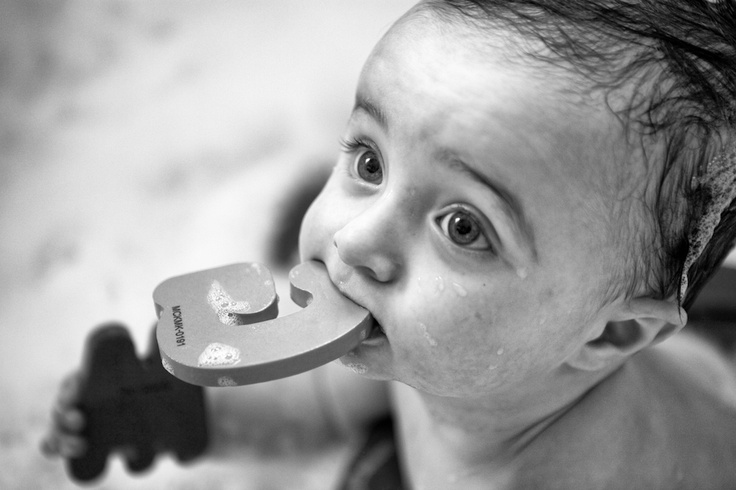 At first, he will behave restlessly, cry, push out the pacifier, rub his eyes, yawn. And then he starts crying. Here, too, it is necessary to try to calm the child as quickly as possible so that he does not disperse in crying, otherwise it will be more difficult for him to fall asleep. Rituals will help: you can shake the baby, sing a song, put it in the usual sleeping place.
At first, he will behave restlessly, cry, push out the pacifier, rub his eyes, yawn. And then he starts crying. Here, too, it is necessary to try to calm the child as quickly as possible so that he does not disperse in crying, otherwise it will be more difficult for him to fall asleep. Rituals will help: you can shake the baby, sing a song, put it in the usual sleeping place.
I'm wet!
Crying can be a signal that the baby is uncomfortable: for example, his diaper is wet. Cold and wet, they irritate the skin, so he screams: “Mom, dad, change me quickly!” Crying about this is whimpering, incessant, although it sounds either stronger or weaker, it may be accompanied by hiccups, as the child freezes in wet diapers. If the diaper is changed, and the baby is warmer to cover, he will calm down. If the child is not in diapers, but in reusable diapers, you should not relax either: they can leak or get wet inside. So, the baby is also wet and cold. If the child sleeps in one diaper all night, then he may be disturbed by a greatly increased diaper volume.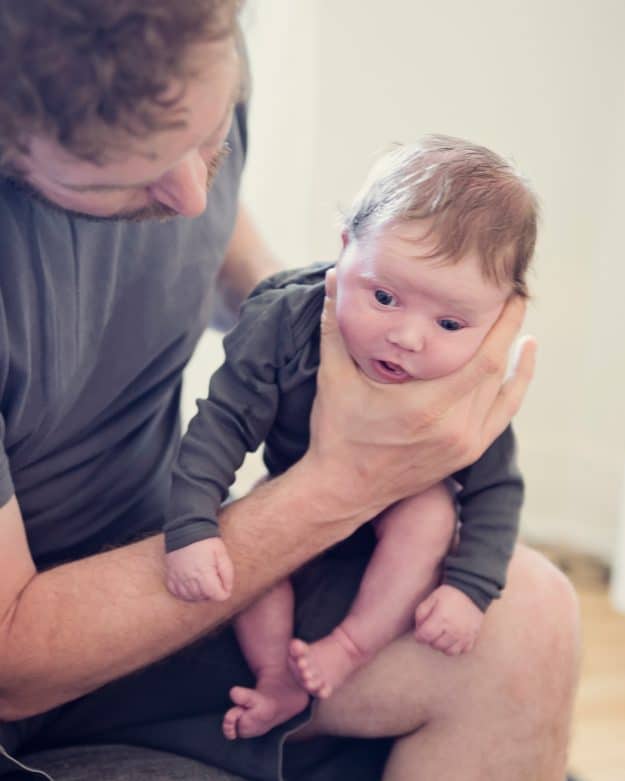 And of course, children do not like to be in dirty diapers (diapers): feces quickly irritate delicate skin.
And of course, children do not like to be in dirty diapers (diapers): feces quickly irritate delicate skin.
I'm hot!
If the baby is hot, he will also cry about it. He will begin to whimper, scatter his arms and legs, his skin will turn red, a small red rash (prickly heat) may appear under his clothes. At the same time, the temperature of the baby sometimes even rises to 37.5 ° C. This is what saves here: the child must be undressed (and removed diapers, especially disposable ones), wiped with a towel moistened with water at room temperature, and allowed to lie in the air for several minutes. Then you need to dress the baby, but in other, clean clothes. In the fight against overheating and prickly heat, a reasonable amount of clothing and a comfortable room temperature - no higher than 24-25 ° C will help, first of all.
I'm uncomfortable!
The reason for the inconvenience can be any: the child may cry when the temperature changes, when changing clothes, changing the diaper or wiping his bottom with a damp cloth. Newborns feel more comfortable when they are dressed or wrapped in diapers, because the touch of air on the skin is not always pleasant for them. In addition, children often do not like to be changed, especially if it is winter and you have to wear a lot of clothes. There is only one way out: learn to act as quickly as possible, causing the crumbs a minimum of inconvenience.
Newborns feel more comfortable when they are dressed or wrapped in diapers, because the touch of air on the skin is not always pleasant for them. In addition, children often do not like to be changed, especially if it is winter and you have to wear a lot of clothes. There is only one way out: learn to act as quickly as possible, causing the crumbs a minimum of inconvenience.
A few words about clothes. It is better not to buy clothes with fasteners on the back and coarse seams inside - the baby may not like it. And sometimes even the slightest thread or hair caught between the clothes and the skin of the baby causes him great inconvenience.
I want attention!
Attention and tactile sensations are very important for a child. He loves to see the faces of his mom and dad, hear their voices, communicate with them. But so far, the baby cannot ask his parents to take him in his arms, read him a fairy tale, sing a song, play - but this does not mean at all that he does not need it. Therefore, crying, the baby wants to be paid attention to, requires communication. Do not worry that the baby will get used to the hands too much. While he is so small, he needs to feel a sense of security - it is this that will later help him gain confidence in his abilities. Well, different cradles, deck chairs, playpens, child seats will only help mom and dad free their hands and at the same time place their beloved child next to them.
Therefore, crying, the baby wants to be paid attention to, requires communication. Do not worry that the baby will get used to the hands too much. While he is so small, he needs to feel a sense of security - it is this that will later help him gain confidence in his abilities. Well, different cradles, deck chairs, playpens, child seats will only help mom and dad free their hands and at the same time place their beloved child next to them.
Once you learn to understand your baby's “language”, you will see that the reasons for crying vary from case to case. A little time and patience - and very soon you will understand what the child wants, already from the first seconds of his discontent.
Make an appointment
to the doctor - Bondarenko Margarita Gennadievna
Clinic "Mother and Child" Kuntsevo
Pediatric otorhinolaryngologyFor childrenDispanserizationMonitoring of children at home0003
By clicking on the send button, I consent to the processing of personal data
Attention! Prices for services in different clinics may vary.